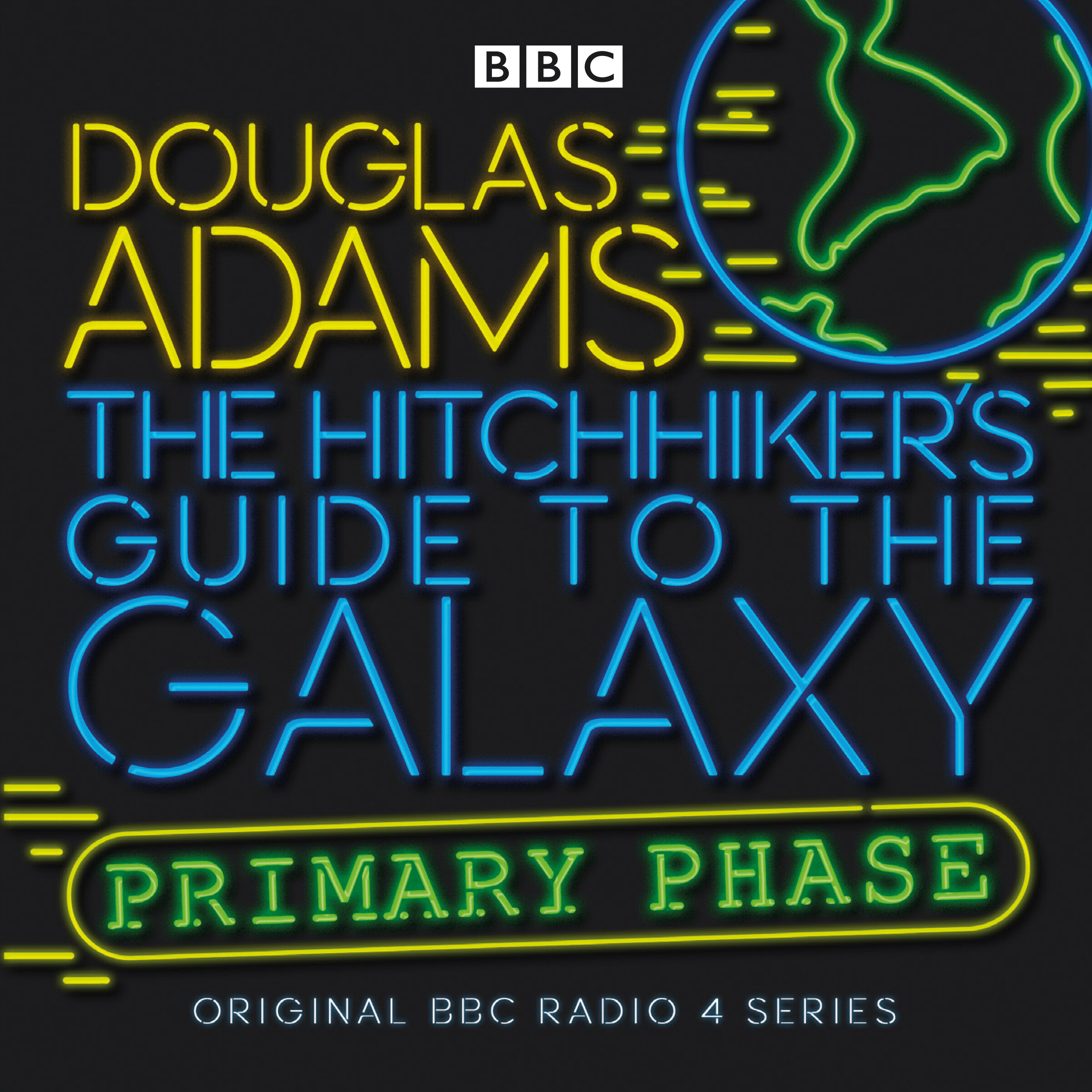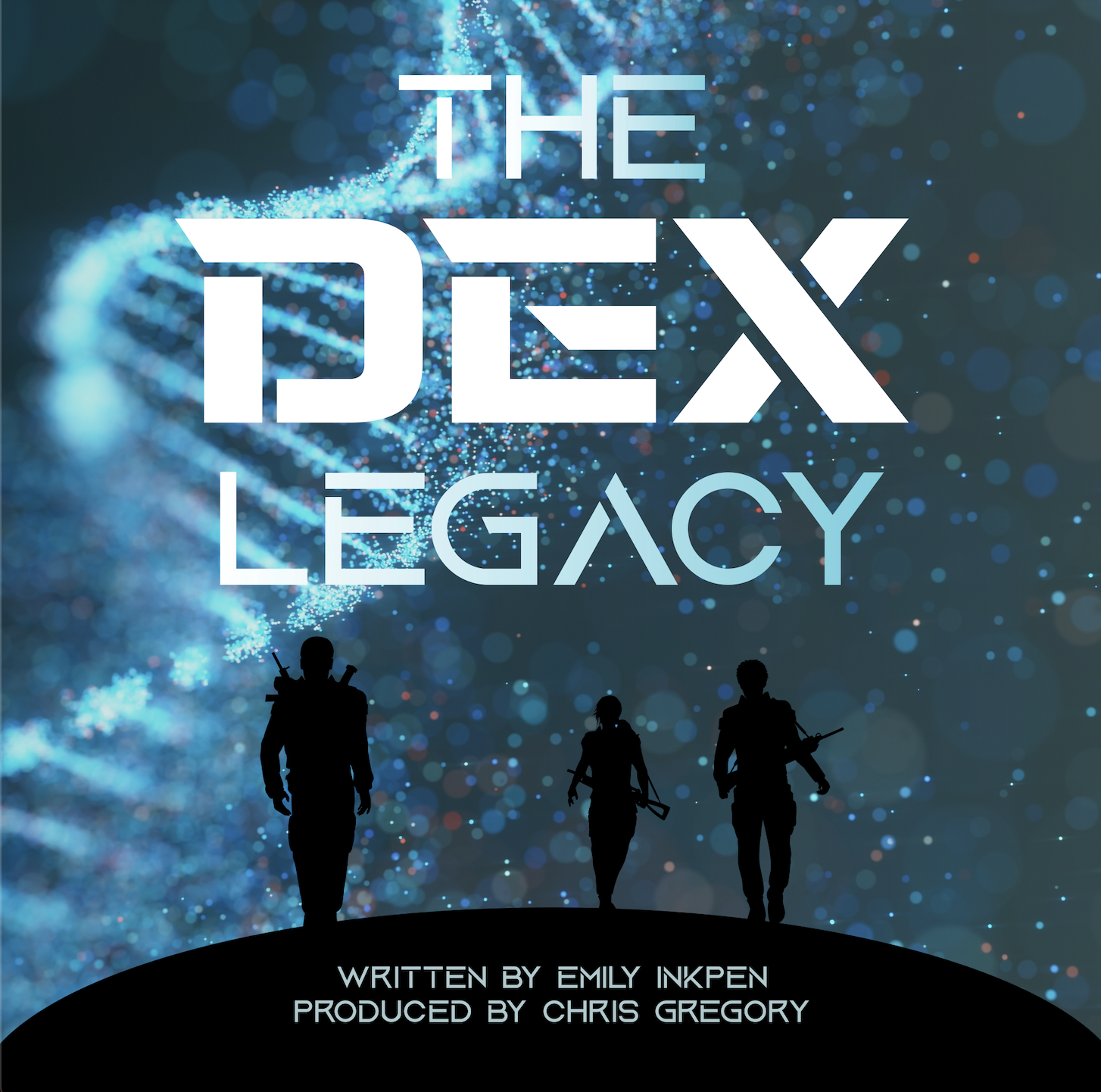Why Audio Drama is the Home of Sci-Fi
With my own sci-fi audio series underway, you can hardly be surprised at my feelings towards the audio drama medium. When Chris Gregory of the Alternative Stories and Fake Realities podcast contacted me, asking if I would be interested in writing an episode, it took me all of 0.5 seconds to jump at the chance.
The truth is, it was in the audio drama format that I first experienced science fiction.
To say I was raised on The Hitchhiker’s Guide to the Galaxy original radio show, would be an understatement. My family used to stay in a caravan on holidays, and every morning we’d listen to an episode while we ate our breakfast. It was a tradition. Every holiday we’d listen to The Hitchhiker’s Guide.
I was at the age where everything I imbibed made a big impression, and I can still almost recite the episodes word for word.
The images the drama conjured in my mind were vivid and complete. As I ate my bowl of coco pops, I would see the Starship Heart of Gold around me. I would walk through the echoing passageways of Magrathea. I would be eating at The Restaurant at the End of the Universe.
With the sound effects and multiple voices, the experience was more immersive than listening to a book being read by a single narrator, and more imaginatively stimulating than a film because the images in my mind were of my own making, not presented to me on a screen.
The Hitchhiker’s Guide was where I first saw spaceships in my mind's eye. It was my first journey into the cosmos. It was my first experience of multiple extraterrestrial societies. And all of it was so relatable to Earth.
Indeed, the very structure of the opening episode helps the listener to understand the scale of the universe we’re about to enter. The unjust bureaucratic system that’s destroying Arthur Dent’s house to make way for a new motorway, is extrapolated to the extreme when the Vogon Constructor Fleet turns up to demolish Earth to make way for a new hyperspace bypass.
This mirroring of ourselves on a galactic scale is fundamental to science fiction, where human psychologies, philosophies and societies are often closely examined in the context of the extreme. Indeed, by taking themes to the galactic scale, sci-fi writers often achieve an examination of the minutiae of what makes us us.
The science fiction audio drama tradition is alive and well. New productions are being released all the time, and it remains a very cost effective format to bring to life on an individual basis. Equipment is affordable, and so is the talent.
Here I will plug a workshop I’m doing with Chris Gregory. Episode one of our audio drama, The Bomb, has been very successful on his platform and we’re launching a full series called The Dex Legacy. The process of creating the scripts for single episodes, alongside the creation of overarching plotlines, has been a steep learning curve. One that I’ve taken to with relative ease thanks to my past experiences listening to audio dramas, and performing on the stage. Chris will bring the production insights, and I will be giving you all the tips and tricks I’ve learned when it comes to the writing side.
If you’re interested in tapping into this medium, it will be an essential grounding, and could give you the confidence you need to give it a go. As with all writers and creators, we’re here to help you explore new routes into storytelling. More is more, after all!
All proceeds will go towards the production side of The Dex Legacy series.
True to my view on science fiction, The Dex Legacy is political sci-fi with a military bent that examines very human problems. If that sounds like your kind of thing, head on over to the website and have a look! Links to both episodes can be found on the homepage.


